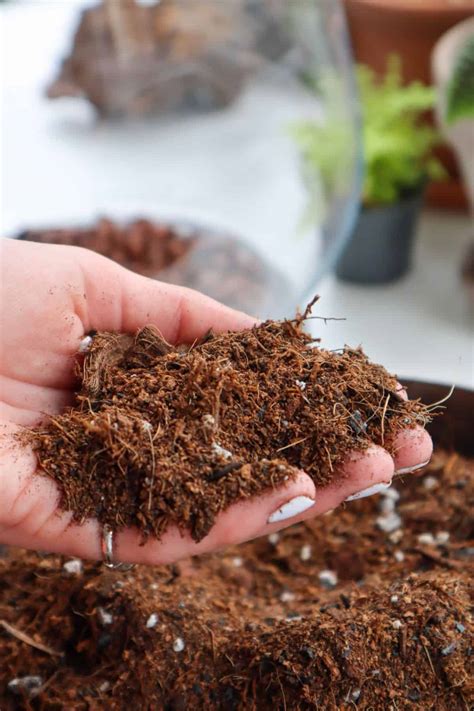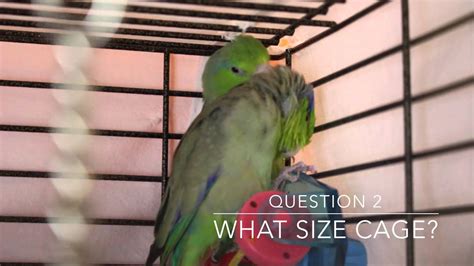Introduction:

Birds are beautiful and fascinating creatures that can bring joy and companionship to our lives. However, caring for a bird requires knowledge, dedication, and a commitment to providing the best possible environment. This comprehensive guide will provide you with everything you need to know about bird care, from choosing the right species to providing proper nutrition, health care, and enrichment.
1. Choosing the Right Bird:
The first step in bird ownership is choosing the right species. Consider factors such as:
- Size: Birds can range in size from tiny budgies to large parrots. Choose a bird that is appropriate for the space you have available.
- Temperament: Some birds are naturally more friendly and affectionate than others. Research different species to find one that matches your personality.
- Lifestyle: Different birds have different activity levels and dietary needs. Consider your lifestyle and make sure you can provide the care required.
2. Providing the Right Home:
A bird’s cage is its home, so it’s essential to provide a comfortable and stimulating environment.
- Size: The cage should be large enough for the bird to move around comfortably, flap its wings, and stretch out.
- Shape: Choose a cage with a rectangular or square shape, as round cages can make birds feel disoriented.
- Perches: Provide a variety of perches made from natural materials such as wood or rope to keep the bird’s feet healthy.
- Toys: Enrichment is essential for birds’ physical and mental well-being. Provide a variety of toys, such as mirrors, bells, and foraging devices.
3. Nutrition and Diet:
A balanced diet is crucial for a bird’s health and longevity.
- Seeds: Form the base of many bird diets, but should be supplemented with other foods.
- Pellets: Commercial bird pellets provide a complete and balanced diet.
- Fruits and vegetables: Birds need a variety of fresh fruits and vegetables to stay healthy.
- Fresh water: Provide clean, fresh water daily.
4. Health Care:
Regular veterinary checkups are essential for keeping birds healthy.
- Annual exams: Veterinarians can check your bird’s overall health, detect early signs of illness, and provide vaccinations.
- Feather plucking: This can be a sign of stress, boredom, or illness. Consult a veterinarian if your bird is plucking.
- Avian influenza: This is a contagious respiratory disease that can be fatal to birds. Practice good hygiene and quarantine new birds.
5. Enrichment and Exercise:
Birds need both physical and mental stimulation to stay happy and healthy.
- Flying: Birds need space to fly. Allow them out of their cage for supervised flight time each day.
- Foraging: Provide opportunities for your bird to forage for food, which stimulates their natural instincts.
- Social interaction: If possible, provide companionship for your bird. Loneliness can lead to behavioral problems.
Future Trends and Improvements in Bird Care:
The future of bird care holds exciting possibilities.
- Advanced medical technology: New diagnostic and treatment methods will improve the health and longevity of birds.
- Customized nutrition: Personalized diets will be tailored to each bird’s unique needs.
- Intelligent cages: Technology will enhance cages with features such as automatic cleaning and environmental control.
Conclusion:
Caring for a bird is a rewarding experience that can bring years of joy and companionship. By following the tips and advice in this guide, you can ensure your feathered friend has the best possible life. Embrace future advancements in bird care to enhance their well-being and create a thriving bond between you and your beloved avian companion.





















